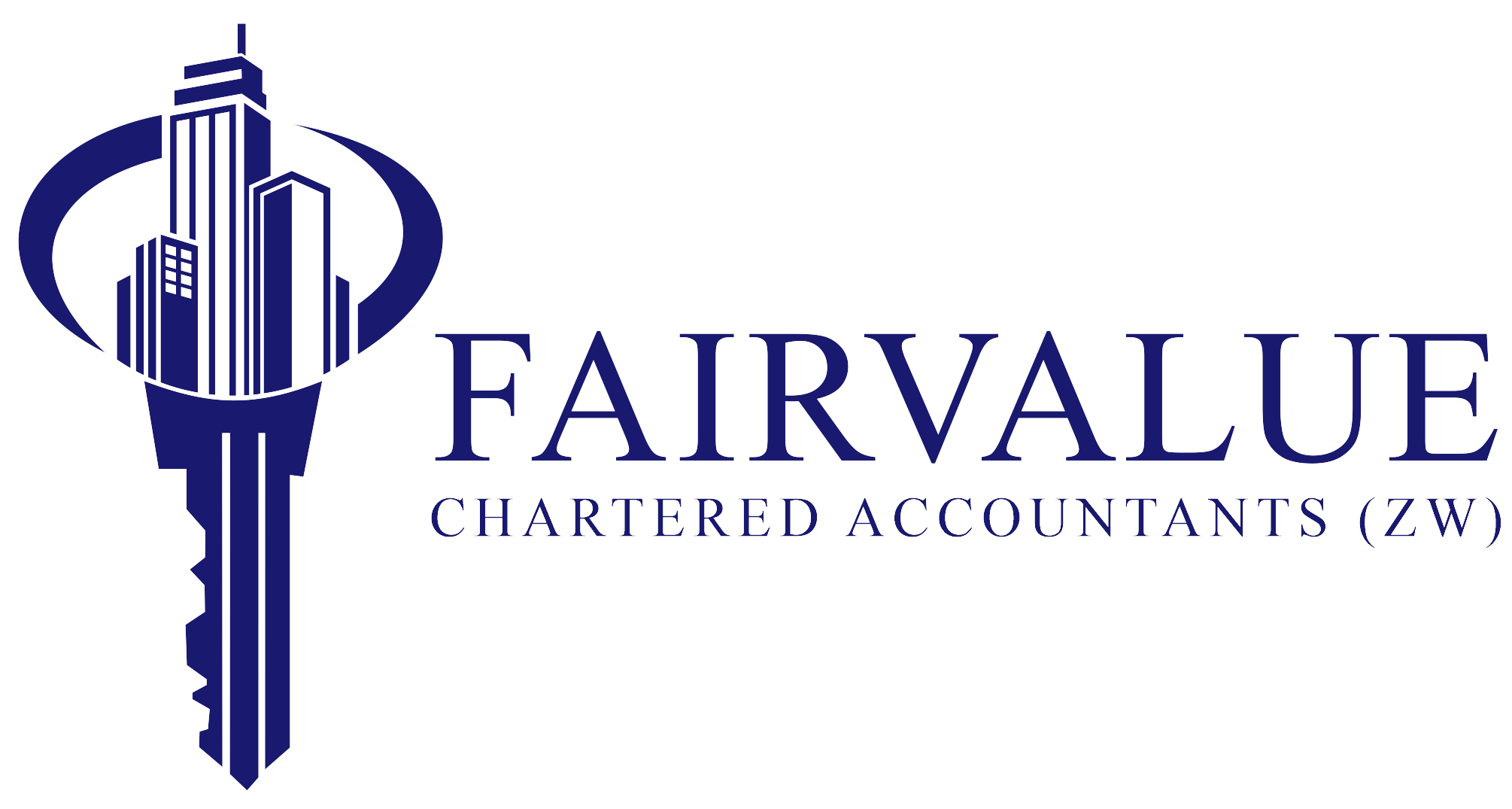Taxation is a critical aspect of financial management, but it doesn’t have to be a burden. With proper planning, businesses and individuals can optimize their tax obligations, reduce liabilities, and avoid penalties. This blog explores effective tax planning strategies that help you save money while staying compliant with regulations.
The Importance of Early Tax Planning
Waiting until the last minute to manage taxes can lead to missed opportunities and costly errors. Early tax planning allows you to analyze your financial situation and implement strategies that minimize tax liabilities.
Maximizing Deductions and Credits
Many taxpayers overlook valuable deductions and credits, such as those related to business expenses, education, or green energy initiatives. Keeping detailed records and consulting a tax professional ensures you claim every benefit you’re entitled to.
Avoiding Common Tax Filing Mistakes
Errors in tax filing, such as incorrect calculations or failing to report income, can result in penalties and audits. Using reliable accounting software or working with a tax advisor can help you avoid these pitfalls.
Simplifying Taxes with Professional Services
Navigating tax regulations can be complex, especially for businesses with multiple revenue streams. Tax advisory services simplify the process by providing expert guidance, from preparing tax computations to representing you during audits.
Conclusion
Tax planning is an essential practice for achieving financial stability and compliance. By taking a proactive approach, you can optimize your tax obligations, save money, and focus on growing your financial future.

